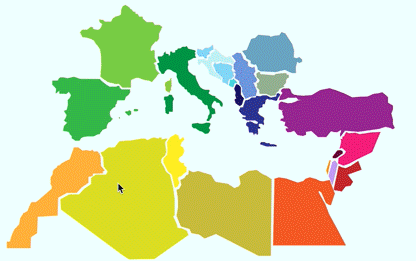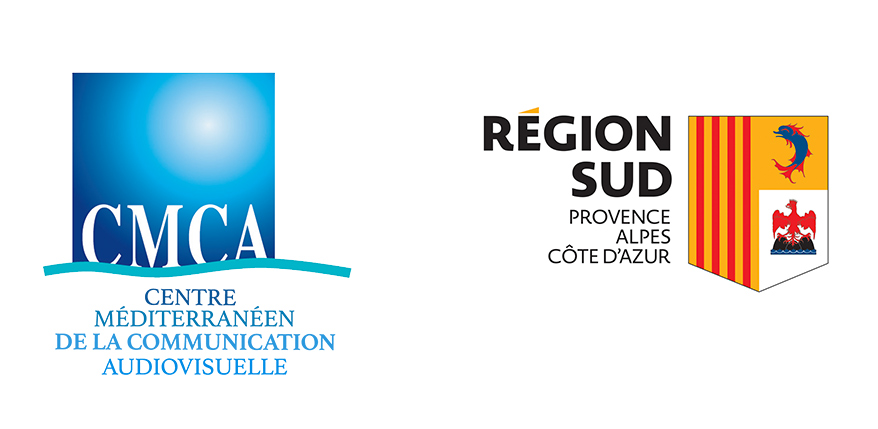The Kosovar Culture Minister Hajrulla Çeku and Dominique Boutonnat, chair of the French CNC (Centre National de Cinéma), signed a co-production agreement on May 21st. The signatories – the CNC, the KCC (Kosovo Cinematography Centre) and both countries’ Culture Ministries – met during the Cannes Film Market. Ahead of the signing, Hajrulla Çeku expressed his enthusiasm: “This agreement offers additional opportunities and support for Kosovar film-makers to collaborate with French partners.”

As an article in Cineuropa explains, this agreement will “facilitate co-productions which, on a case-by-case basis, will benefit from 20-80% of public backing from both countries.” It also states that this financial backing can be reduced to 10% for a large budget production which boosts the film industry of one of the countries. The article adds “a joint committee will oversee the two parties’ work and review it every two years.” The partnership is for an unlimited period, with 6 months notice required to exit. For Lum Çitaku, director of the KCC, “This agreement between Kosovo and France is of particular importance because it makes co-productions between the two countries official. In addition, it lays the foundations for stronger forms of collaboration.”
Kosovar films have recently experienced a boom which Roselyne Bachelot, former French Minister of Culture, refers to in a letter to her Kosovar counterpart: “I would like to congratulate you on the remarkable successes of several Kosovar female directors in some of the most important international film festivals.” Films like Luàna Bajrami’s The Hill where Lionesses Roar, shown at the Quinzaine des Réalisateurs in 2021, or La Ruche, winner of three awards at last year’s Sundance Film Festival, illustrate this phenomenon.
In order to keep up this momentum, the partnership between Kosovo and France gets a boost from the CNC which is helping the KCC “create a finance model.” It is important to add that Kosovo has also developed new partnerships with Israel, both in the field of film co-productions and in education and science. These partnerships show Kosovar politicians want to develop their film industry and open it up to the rest of the world.
Sources: Cineuropa, RTV 21, The Jerusalem Post









